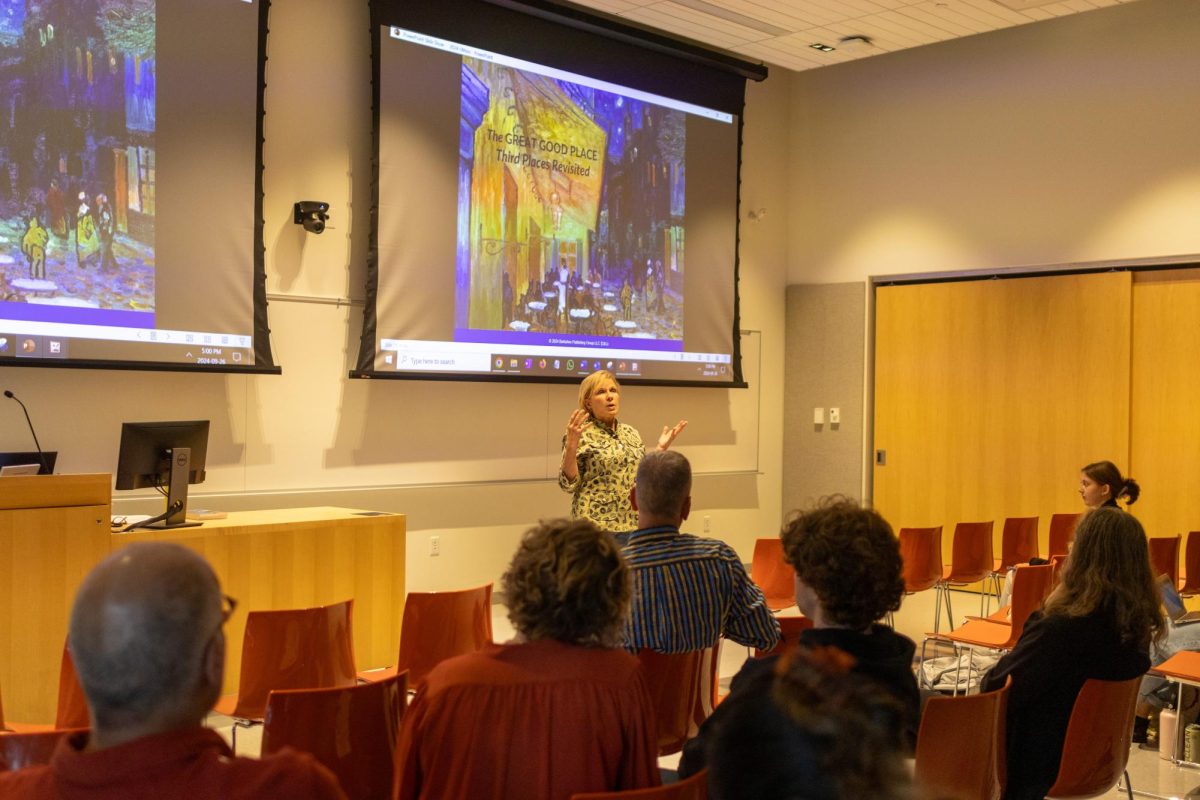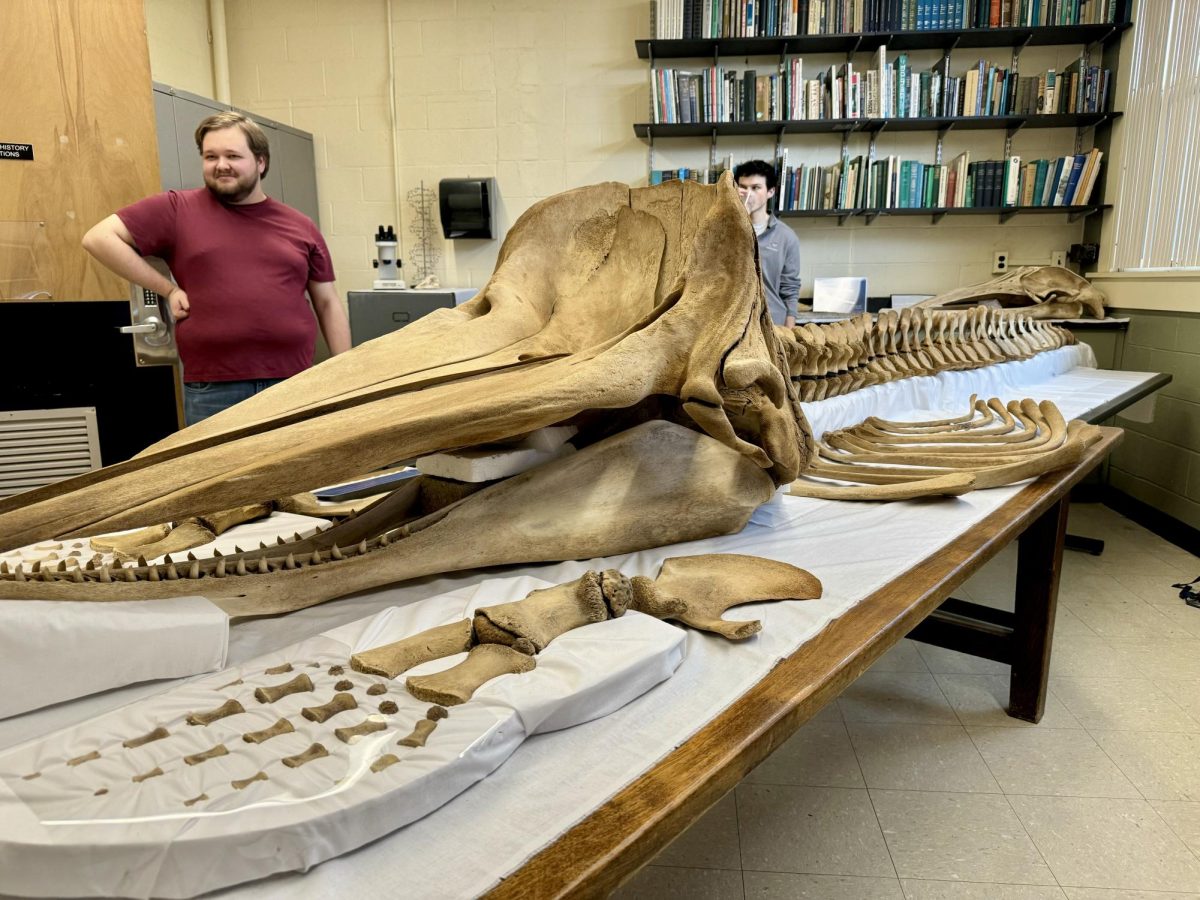Toxic polychlorinated biphenyls (PCBs) were found this summer in areas throughout the Southwest concourse while crews performed renovation work on the residential area, according to a University release.
After the compounds were discovered in caulk between patio blocks, lining retaining walls, between granite steps, on expansion joints of concrete curbs, expansion joints in the tunnel and caulking where concrete meets buildings, administrators put into place “remediation steps” to protect public health, while continuing renovations under a revised plan to isolate areas where the toxins were found.
Director of Environmental Health and Safety Donald Robinson said in the release that the University is working with state and federal agencies to develop a permanent remediation plan for Southwest.
“We are coordinating with the state Department of Environmental Protection and the U.S. Environmental Protection Agency to address the issue and create a permanent remediation plan,” he said.
Robinson also said the University has sought the help of two environmental consulting firms, Woodward & Curran, an integrated engineering, science and operations company, and Triumvirate Environmental, a Somerville-based hazardous waste consulting organization, to aid with the remediation plan and other cleanup work.
“As a result, we expect to reopen Southwest, as planned, for the fall semester,” Robinson added.
Southwest was erected in a time when PCBs were found in many building materials. When the complex went up in 1966, PCBs were often used as an additive to enhance the elasticity of building materials. The compound was banned in 1979 by the U.S. Congress and under the terms of the Stockholm Convention on Persistent Organic Pollutants.
PCBs have been known to have harmful and even carcinogenic effects on humans and animals since at least the 1970s. A 1996 EPA study found PCBs to be “probable human carcinogens,” while the International Agency on Research on Cancer also labeled PCBs probably carcinogenic to humans. In addition, PCBs are known to weaken the ability of humans’ immune system to fight disease. Studies have shown reductions in the size of the thymus gland, according to the EPA website, as well as a general weakening of the immune system’s ability to respond to foreign antibodies and develop immunity.
Further research has indicated that PCBs reduce birth weight and gestation period in children born to exposed mothers, as well as learning deficits in exposed children, according to the EPA’s “Health Effects: Polychlorinated Biphenyls (PCBs)” page.
Other University facilities were also constructed when PCB use was commonplace. The University has previously completed remediation plans on the Lederle Graduate Research Center and the W.E.B. Du Bois Library, according to the release.
Removal work was finished around Southwest before the beginning of the semester, so the area should by now be clear of the compounds.
The Collegian will have more on this issue early in the semester.
Sam Butterfield can be reached at [email protected]












